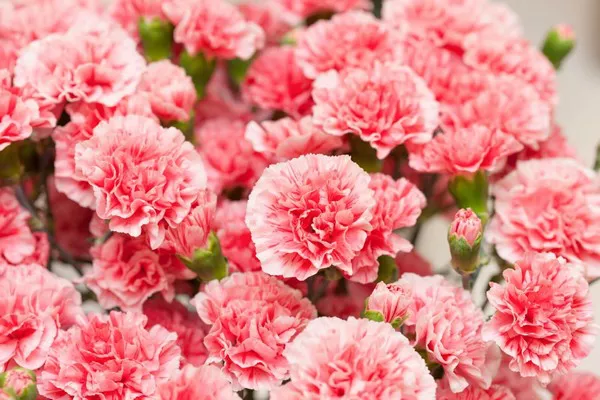Flowers have been employed as messengers of sentiment and emotion since ancient times, transcending cultures and generations. From joyful celebrations to somber condolences, the act of sending flowers is a universal language that communicates a myriad of feelings. But what drives individuals to choose flowers as a means of expression? What psychological mechanisms are at play when someone decides to send a bouquet? In this article, we delve into the depths of human nature to unravel the reasons behind this timeless gesture.
1. Cultural Significance and Tradition
One of the primary reasons people send flowers is deeply rooted in cultural significance and tradition. Across various cultures and societies, flowers hold symbolic meanings that are ingrained in collective consciousness. For instance, the red rose is synonymous with love and romance in many parts of the world, making it a popular choice for expressing affection on occasions like Valentine’s Day or anniversaries. Similarly, white lilies are often associated with purity and sympathy, making them a common sight at funerals and memorial services.
2. Expressing Emotion and Sentiment
At its core, sending flowers is a way for individuals to express their emotions and sentiments in a tangible form. Whether it’s conveying love, gratitude, sympathy, or apology, flowers serve as a visual representation of heartfelt feelings. In situations where words may fall short or seem inadequate, a carefully curated bouquet can speak volumes, conveying the depth of one’s emotions without the need for verbal expression.
3. Psychological Impact of Flowers
The act of sending and receiving flowers also has a profound psychological impact on both the sender and the recipient. Numerous studies have shown that flowers have the power to evoke positive emotions, boost mood, and reduce stress levels. The vibrant colors, pleasing fragrances, and natural beauty of flowers stimulate the senses and create a sense of joy and well-being. As a result, sending flowers not only benefits the recipient but also brings a sense of satisfaction and fulfillment to the sender, knowing that they have brightened someone’s day.
4. Social Norms and Expectations
In many social contexts, sending flowers is considered a socially acceptable and expected gesture for certain occasions. For example, it is customary to send flowers as a congratulatory gesture for achievements such as graduations, promotions, or the birth of a child. Similarly, flowers are often sent as a token of sympathy and support during times of loss or bereavement. In adhering to these social norms, individuals uphold traditions and demonstrate respect for cultural practices.
5. Symbolism and Personalization
Beyond their inherent beauty, flowers can also be imbued with personal meaning and symbolism, making them a deeply meaningful gift. For instance, someone might choose a specific type of flower or color palette based on the recipient’s preferences, personality, or life experiences. By personalizing the selection, the sender adds an extra layer of significance to the gesture, demonstrating thoughtfulness and consideration.
6. The Role of Technology and Convenience
In today’s digital age, the act of sending flowers has been made easier and more convenient than ever before, thanks to advancements in technology and online floral delivery services. With just a few clicks, individuals can browse through a vast array of floral arrangements, select their desired bouquet, and have it delivered to the recipient’s doorstep within hours. This convenience factor has contributed to the widespread popularity of sending flowers as a gesture of affection or appreciation.
7. The Joy of Giving
Ultimately, the act of sending flowers brings joy to both the sender and the recipient. For the sender, there is a sense of fulfillment in brightening someone’s day and expressing care and affection through a simple yet meaningful gesture. For the recipient, receiving flowers can evoke feelings of happiness, appreciation, and gratitude, uplifting their spirits and fostering a sense of connection with the sender. In this way, the exchange of flowers serves to strengthen bonds and cultivate positive relationships.
Conclusion
In conclusion, the act of sending flowers is a multifaceted phenomenon driven by cultural traditions, emotional expression, psychological impact, social norms, personalization, and technological convenience. Whether it’s to celebrate a joyous occasion, offer condolences during a time of sorrow, or simply brighten someone’s day, flowers have a unique ability to convey sentiments and emotions in a way that transcends language barriers and speaks to the heart. As we continue to navigate the complexities of human interaction, the timeless gesture of sending flowers remains a symbol of love, compassion, and connection in an ever-changing world.


